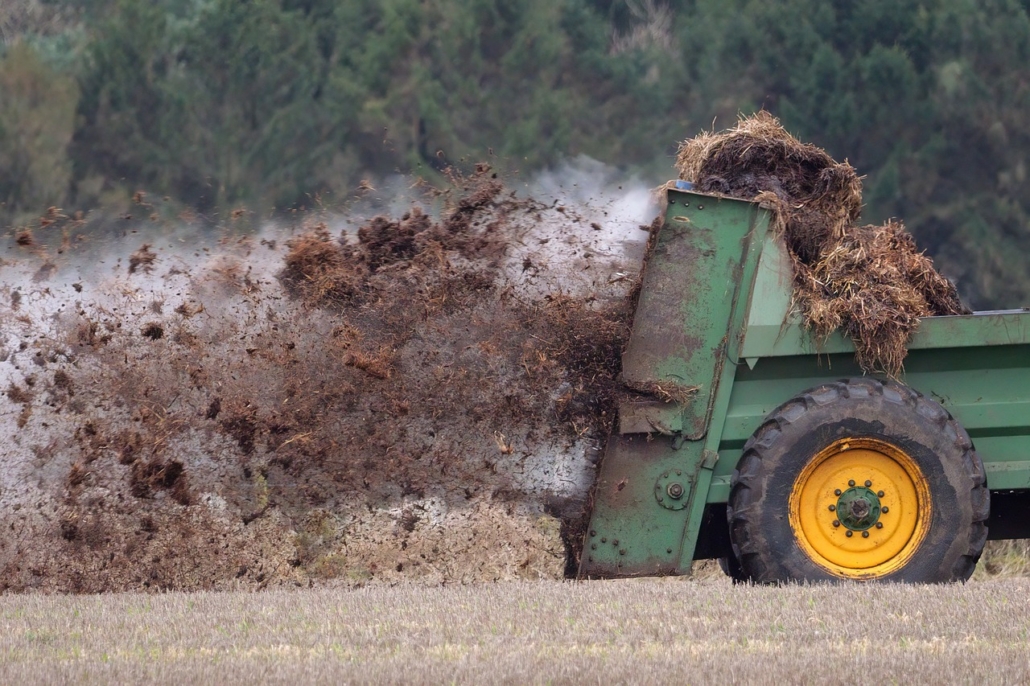By Scott Glyde, Director of Agribusiness at Converte
In recent weeks, I’ve had conversations with several farmers who have consistently invested in traditional NPK (nitrogen, phosphorus, potassium) programs. Despite pouring fertiliser onto paddocks, they’re not seeing the returns they’d expect. Sound familiar?
This is where Liebig’s Law of the Minimum comes in—it tells us that plant growth is limited not by the total amount of nutrients, but by the one that’s in shortest supply. In other words, your system is only as strong as its weakest link.
So, if your NPK program is solid but you’ve overlooked trace elements for years, you might be leaving yield, plant health, and soil performance on the table.
Let’s explore what trace element deficiencies could be silently doing to your paddocks:
What’s At Risk Without Trace Elements?
![]() Boron
Boron
Vital for cell wall synthesis and reproductive growth. Deficiency leads to poor grain set, reduced flowering, bud abortion, and impaired root systems.
![]() Carbon
Carbon
Crucial for organic matter and photosynthesis. Low levels can reduce soil structure, water retention, and microbial activity—slashing biomass and growth.
![]() Silicon
Silicon
Improves plant strength, disease resistance, and stress tolerance. Without it, plants are more vulnerable to lodging and disease—especially during drought.
![]() Cobalt
Cobalt
Supports nitrogen fixation in legumes. A deficiency hampers pasture growth and reduces available nitrogen.
![]() Manganese
Manganese
Essential for photosynthesis, nitrogen use, and enzyme activity. Deficiency shows up as poor growth, delayed maturity, and yellowing leaves.
![]() Molybdenum
Molybdenum
Needed for nitrogen fixation and nitrate use. Deficiency leads to poor growth, pale leaves, and stunted legumes.
![]() Nickel
Nickel
Small but mighty. It’s necessary for seed viability and urease activity. Deficiency can cause nitrogen toxicity and poor seed quality.
![]() Selenium
Selenium
Lack of it affects livestock grazing pastures, impacting muscular and reproductive health.
![]() Zinc
Zinc
Drives growth, protein synthesis, and hormone function. Low zinc causes stunted crops, malformed leaves, and reduced grain size.
![]() Iron
Iron
Critical for chlorophyll production and respiration. Deficiency results in yellow leaves and low photosynthetic performance.
![]() Copper
Copper
Supports plant structure and seed formation. Poor copper levels mean tip burn, disease susceptibility, and yield loss.
How Converte Helps Close the Loop
At Converte, our formulations go beyond just NPK. We include targeted trace elements and natural bio-stimulants like fulvic acid, seaweed, molasses, and humates. These additions work twofold:
- Unlock ‘bound’ macronutrients already in your soil
- Supercharge microbial activity to enhance nutrient cycling and uptake
The result? Your existing NPK inputs work harder, and over time, you’ll likely need less of them.
Four Key Tools for a Smarter Fertiliser Program
- BioRestore (Pre-Sowing)
Boosts soil carbon and microbial life, driving nutrient cycling and improving fertiliser performance. - Seed Primer (At Sowing)
Applied directly to seed, it creates a nutrient-rich rhizosphere, improving root mass and early growth by up to 25%. - Plant Food (6 Weeks Post-Sowing)
A foliar and soil booster that chelates macronutrients and addresses nutrient deficiencies mid-season. - ReNUE (In-Season Foliar)
Perfect for mid-season boosts when plants are pushing hard and soils are running low on reserves.
Let’s Maximise Your Program
Plenty of growers report needing less NPK once their soil health begins to improve. If you’re planning your program now, or even just curious about trying something different—reach out. Whether it’s a small paddock trial or a whole-farm plan, I’d be happy to help tailor something for you.
Let’s kick a few stones and get the conversation started.
Scott Glyde, Converte





